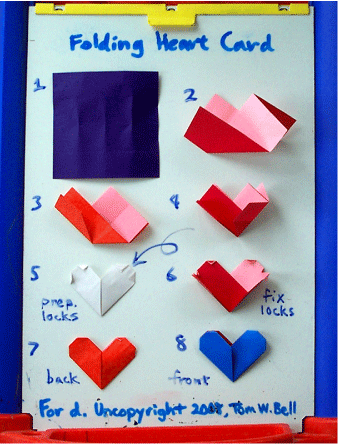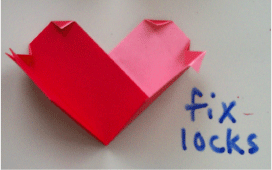The Specter of Copyism v. Blockheaded Authors
Just posted on SSRN: The Specter of Copyism v. Blockheaded Authors: How User-Generated Content Affects Copyright Policy. Here's the abstract:
This free-standing article comes largely from various parts of chapters 1, 8, and 9 of my draft book, Intellectual Privilege: Copyright, Common Law, and the Common Good. As always, I welcome your comments.
[Posted at Intellectual Privilege, Agoraphilia, and The Technology Liberation Front.]
Technological advances, because they have radically lowered the costs of creating and distributing expressive works, have shaken the foundations of copyright policy. Once, those who held copyrights in sound recordings, movies, television shows, magazines, and the like could safely assume that the public would do little more than passively consume. Now, though, the masses have seized (peacefully acquired, really) the means of reproducing copyright works, making infringement cheap, easy, and, notwithstanding the law's dictates, widespread. Copyright holders thus understandably fear that their customers have begun to treat expressive works like common property, free for all to use. That, the specter of copyism, does risk upsetting copyright policy, leading to a market failure in the production of expressive works. Even as we recognize that threat, however, we should also appreciate that technological advances have greatly reduced the costs of creating and distributing new works of authorship. Thanks to that deflation, we can increasingly count on authors who care little about the lucre of copyright - blockheads, as Samuel Johnson called them - to supply us with original expressive works. This paper describes the economic push and pull between distributed infringement and distributed authorship - between copyism and blockhead-created content, we might say - and how copyright policy should mediate those forces.
This free-standing article comes largely from various parts of chapters 1, 8, and 9 of my draft book, Intellectual Privilege: Copyright, Common Law, and the Common Good. As always, I welcome your comments.
[Posted at Intellectual Privilege, Agoraphilia, and The Technology Liberation Front.]



